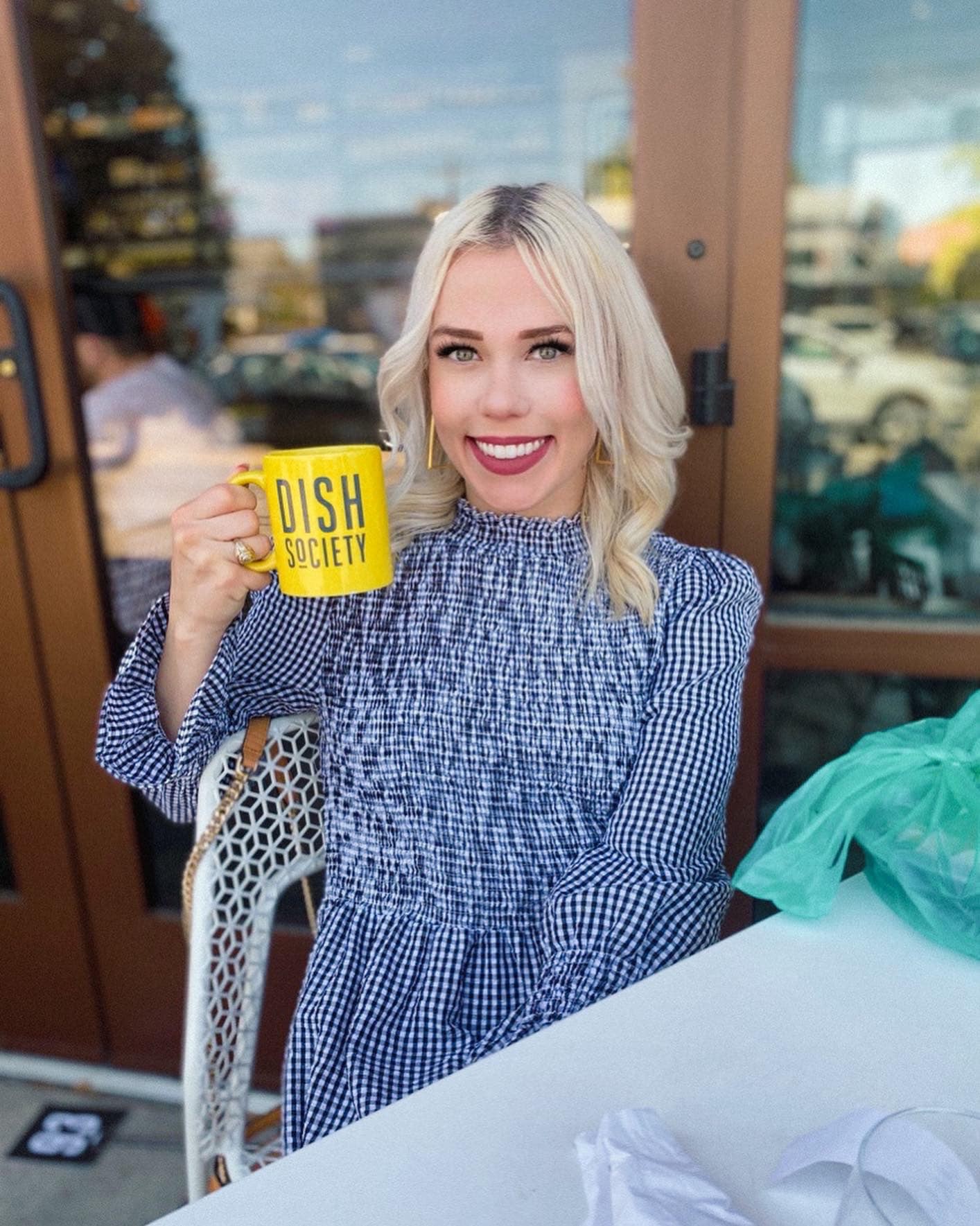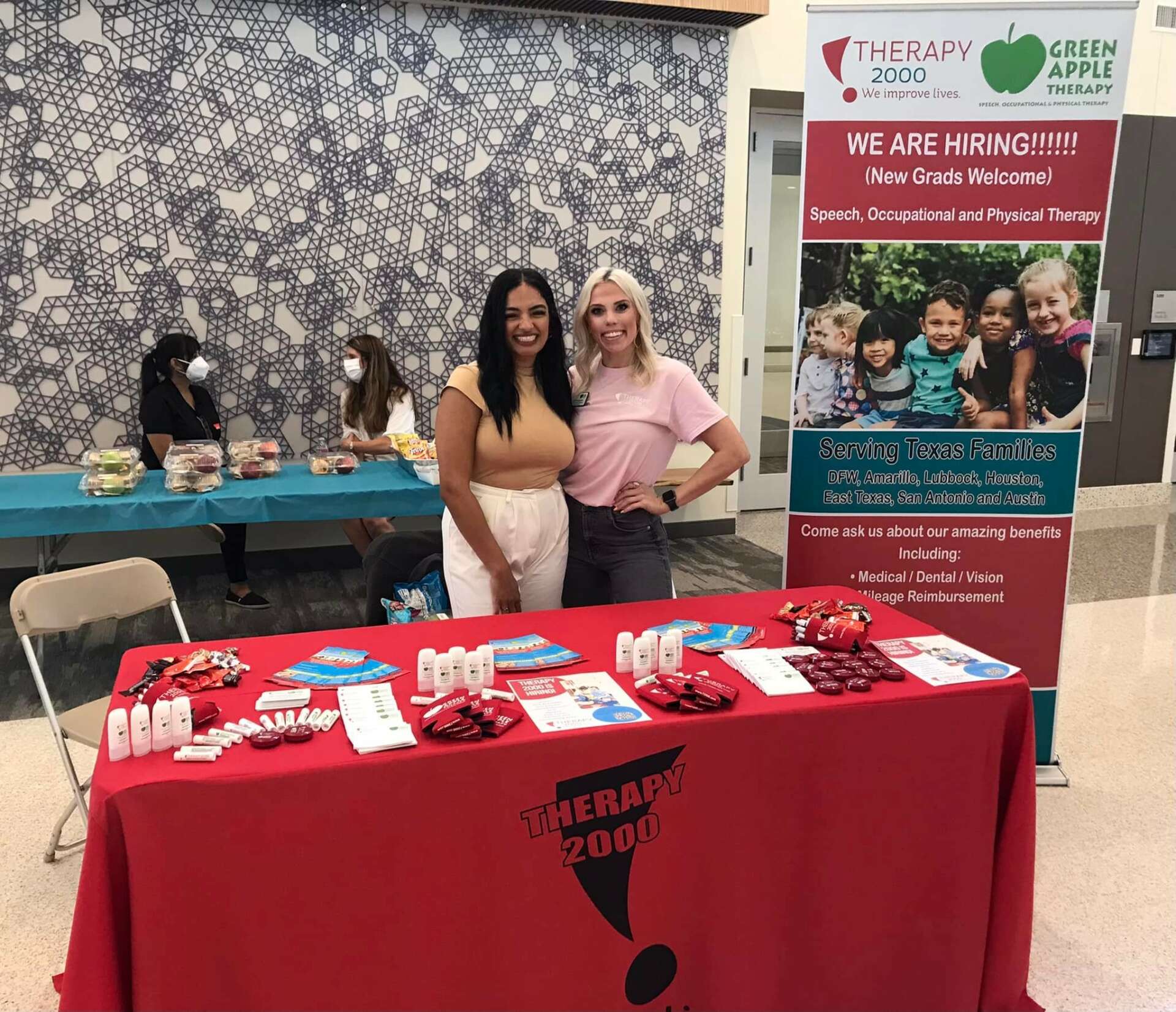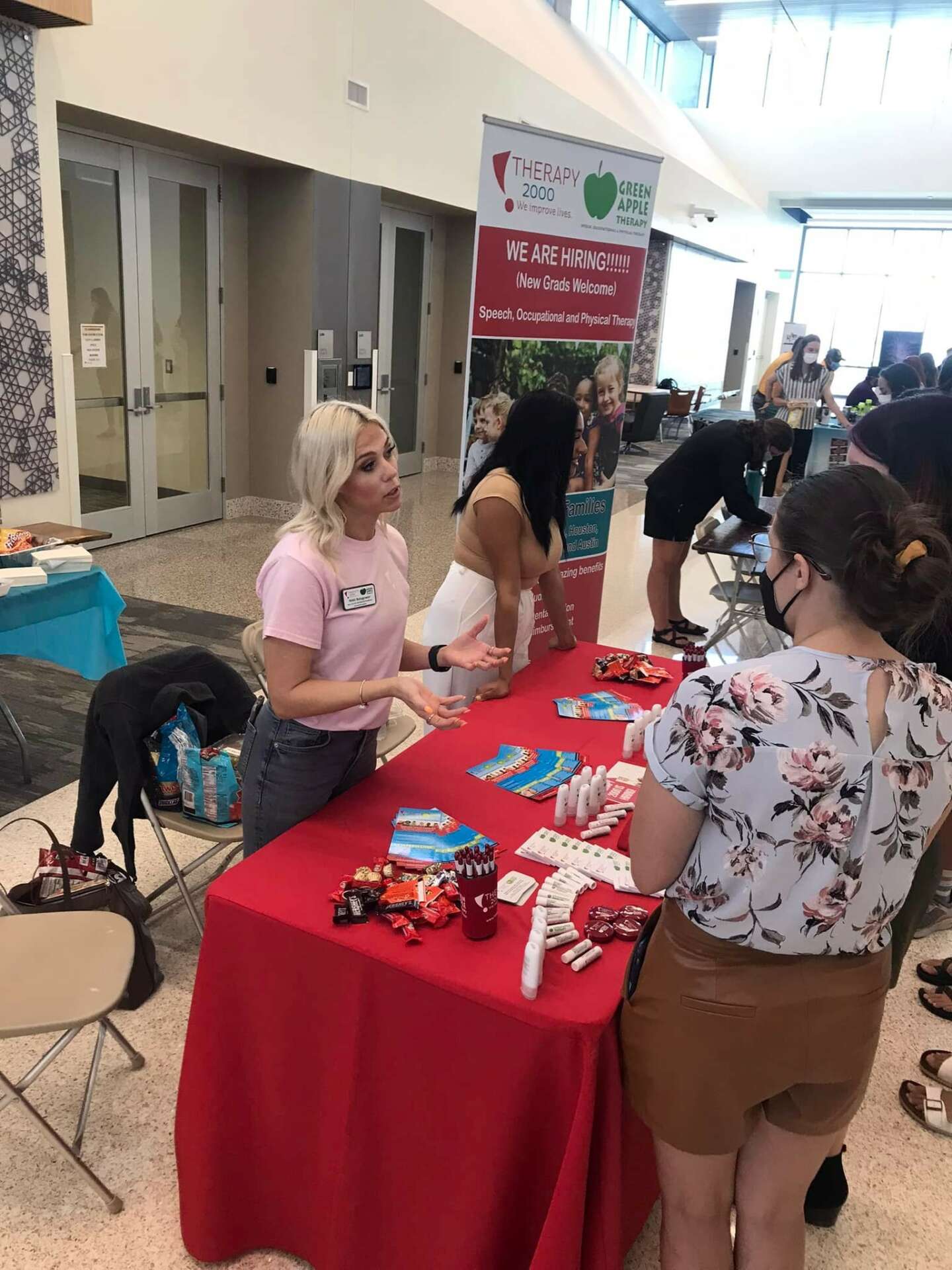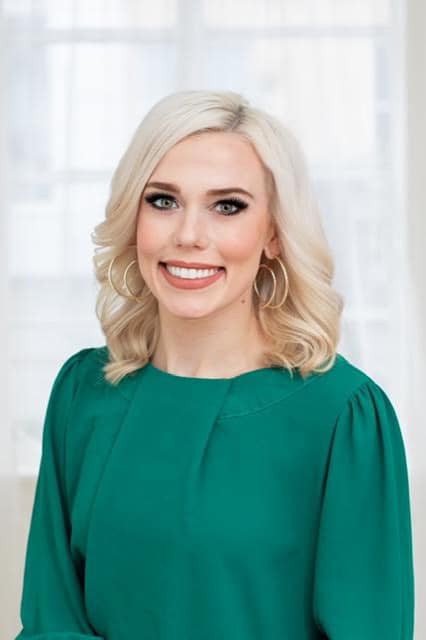We’re excited to introduce you to the always interesting and insightful Nikki Batagower. We hope you’ll enjoy our conversation with Nikki below.
Alright, Nikki thanks for taking the time to share your stories and insights with us today. We’re complete cheeseballs and so we love asking folks to share the most heartwarming moment from their career – do you have a touching moment you can share with us?
As a pediatric speech-language pathologist working in the home health setting, I work with a variety of ages; however, I specialize in early intervention (birth-3 years). My patients are often start with me having minimal to no form of communication–and my goal for them is to create a form of functional communication so that they can communicate with their parents/guardians. In 2019, I started working with a 3 year old boy that was 100% nonverbal and only made sounds. For months I tried various forms of positive reinforcement to get him to just imitate me including but not limited to: bubbles, stickers, toys, etc. None of that was effective. I felt so defeated after multiple failed attempts but was determined to figure out a way to motivate him. Fast forward a few weeks.
Being in the home health setting often means using the restroom in various public places. I was on my way to see this patient and decided to stop to get myself a snack; it then dawned on me to try food as a reinforcer since I literally tried everything else. I grabbed the fruit snacks, because what kid doesn’t love them?! I soon found that he [my patient] was really receptive to this type of reinforcement. He was imitating speech sounds like I had never seen before; 1 fruit snack for each attempt. His mom, watching the session in the doorway asked if I could try to get him to say “mama”; she verbalized that she longed to hear this from her son since the day he was born. I prompted my patient to say “mama” and sure enough, he was successful! There was not a dry eye in the room. I went on to work with this patient for another 2 years. He was eventually discharged from speech therapy for meeting ALL of his goals.

Nikki, before we move on to more of these sorts of questions, can you take some time to bring our readers up to speed on you and what you do?
At an early age, I learned the value of communication, and how to accommodate those with limited speech, language, and pragmatic skills. Through direct experience, one individual was very influential to me, my cousin, David, who is autistic. Being on the more severe end of the spectrum, he struggles with both speech and language; however, he does not let it define him. Watching him grow from nonverbal communication has forever instilled in me a passion to work with individuals with speech and language disorders, specifically Autism. My ongoing experience with David and studying speech and language development and disorders sparked my interest in working with children with autism to improve their speech, language, and pragmatic skills.
Before becoming a speech-language pathologist, I got to experience firsthand how to successfully communicate with individuals with a variety of speech and language disorders. For 3 years, I was the Special Needs Director at University Cheer Airforce, which is where is where i fueled my passion working with individuals with disabilities. Special Forces is a program that focuses solely on enhancing the physical and mental attributes, such as cartwheels, rolls, and basic conversational skills, of cheerleading and gymnastics for individuals with disabilities. Some of the opportunities the job provided included organizing parent meetings, scheduling practices, and setting goals with my students for achieving new tumbling skills. The other aspects of the job required me to effectively communicate and accommodate so that my students could be successful athletes and communicators.
During that time, I learned to take ownership of balancing the roles of full-time student, part-time employee, and cheerleader for the University of Houston, Go COOGS! I went on to graduate with bachelor of science in communication sciences and disorders from UH in May 2017 and a master of science in speech-language pathology from Stephen F. Austin State University in May 2019. 2 universities, 2 degrees, 1 national board exam, 1 capstone research project, and 7 years of school later, I am proud to say that I have my dream job as a speech language pathologist that serves the pediatric population. As a speech-language pathologist, I get to evaluate and treat patients with speech disorders, language disorders, and feeding and swallowing disorders.
When I tell people what I do, their response is “oh you help kids who stutter” or “you help kids who can’t say their r’s.” While that is part of my scope of practice, we (SLPs) treat individuals from birth to death. The baby that was born prematurely with cleft palate and has difficulty coordinating her suck, swallow, breath while feeding–we treat that. The man that just got diagnosed with Alzheimer’s and now has to drink thickened liquids to prevent getting aspiration pneumonia–we treat that. The 17-year-old boy that recently got into a four-wheeler accident but crashed and sustained a traumatic brain injury (TBI) and now has difficulty remembering what his teacher taught him in class 10 minutes ago–we treat that. The 10-year-old boy that has autism, is nonverbal, and uses a communication device to tell his mom that he wants a snack–we treat that. The woman that suffered a stroke and now has difficulty forming a sentence–we treat that. The range and variety of disorders we see is broad and diverse.
As for me, I am a speech-language pathologist that treats and evaluates children with speech, language, feeding, and swallowing disorders in the home health setting. I work for Therapy 2000, a company that provides speech therapy, occupational therapy, and physical therapy to children birth to 18-years-old.


Do you think you’d choose a different profession or specialty if you were starting now?
If I could go back, I would 100% choose speech pathology and complete the rigorous course work. Through my faith, I know that I was called to serve and work with children with disabilities. Being an SLP is EXACTLY what God called me to do. I feel so fortunate to do my dream job as well as work at a supportive, therapist-owned company that genuinely invests in my clinical skills and well-being.
Other than training/knowledge, what do you think is most helpful for succeeding in your field?
Understanding success and learning to celebrate all victories, no matter the size. Like love, I believe that success is an action or verb. One can be successful, but does that mean you have achieved success? To me, success is the devotion, the time spent, and the sacrifices you have had to make to get to where you are at today and where you want to be 5, 10, and even 20 years down the road. Success in the big and small things is what I strive for in my everyday life. I didn’t snooze my alarm–success! I made time to work out today-success! I helped a child learn a new word in therapy today-success! Success looks different for everyone; I believe that is what makes success so beautiful.
Contact Info:
- Instagram: @yo_its_nikki_b
- Linkedin: https://www.linkedin.com/in/nichole-nikki-batagower-m-s-ccc-slp-759b75b7/


